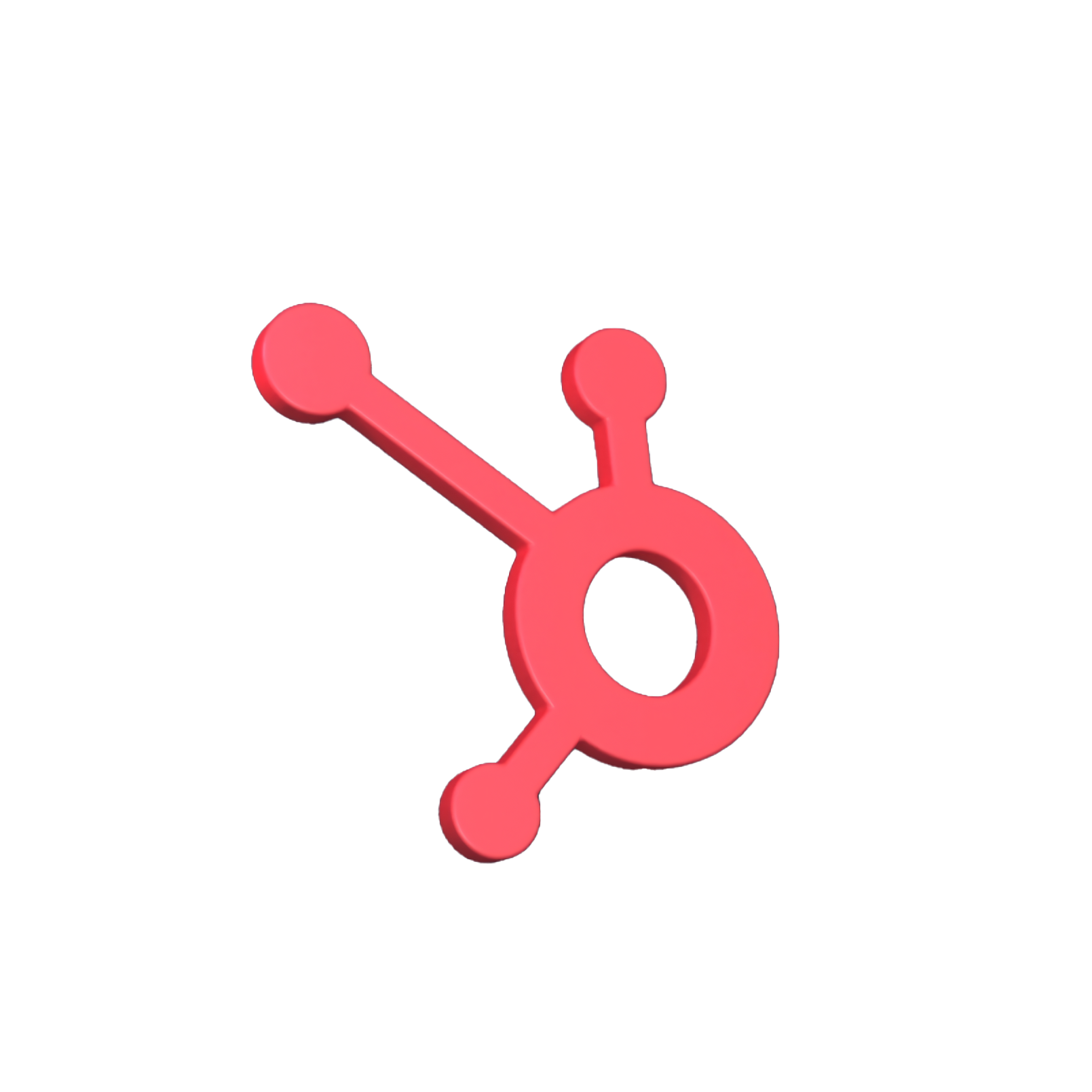In this blog post, Rowan Reid, CIO at Huble Digital, highlights five custom integrations with HubSpot that you might not have known was possible.
The Hubspot app marketplace is abound with out-of-the-box software integrations, including powerful native HubSpot integrations to systems like Shopify, Eventbrite and Salesforce. These are super useful and can get you up and running quickly if your requirements are pretty standard.
But what if you’re not one of those standard companies? What if you need something a bit more custom? Your next port of call is to look at one of the many popular iPaaS platforms that integrate with HubSpot, platforms like PieSync and Zapier for example. These systems provide you with a bit more flexibility by allowing you to configure your own field mapping; they can even handle some custom properties.
Sometimes, however, even these systems don’t cut it. Perhaps they only sync Contact & Company records, but you also need Deals and Products. Or maybe they don’t support the specific custom properties/fields that you need.
This is where custom CRM integrations come in — and that’s what I want to focus on. Below are a few HubSpot integrations that we have built, which will hopefully demonstrate that even if you have unique ‘non-standard’ business requirements, there are still options available to you.
Custom software integrations allow you to do cool stuff that you can’t do with any of these out-the-box integrations.
Here are some examples of custom HubSpot integrations that we have implemented to match our customers’ unique needs:
1. Salesforce Product data to HubDB
HubSpot has a native integration with Salesforce: it synchronises accounts, campaigns, contacts, leads and opportunities into the CRM. However, our customer wanted to mirror product pricing for products stored in Salesforce on their HubSpot CMS website. We leveraged the powerful HubSpot HubDB API and the Salesforce Lightning Platform API to live sync some of their product information and pricing into HubDB, to power a calculator on their website that uses live pricing.
2. Eventbrite ticket purchases with custom fields
Again, HubSpot comes with a powerful native integration with Eventbrite, which brings Contact and event registration information in from Eventbrite. One of our customers had set up several custom fields in Eventbrite for their events, which they needed in HubSpot. However, they hit a roadblock as the native integration does not support custom properties. To help them overcome this challenge, we used the Eventbrite API and the HubSpot API to sync data from Eventbrite with HubSpot, including all the necessary custom fields. Now our customer can use advanced personalisation and automation via these fields.
3. Xero Automated issuing of invoices when deals hit a particular stage
While there are several out-of-the-box CRM integrations with Xero from HubSpot, which provide varying degrees of integration, most of these require manual intervention to generate invoices in Xero.
We had a client who sells tickets for conferences. Luckily, Xero has a powerful API that we leveraged to create invoices using details from HubSpot Deals, send them out to customers and then update the appropriate deal in HubSpot when the customer paid the invoice in Xero.
4. Multiple HubSpot Portal Integration
One of our customers has 20+ franchises, each with their own Free HubSpot portal, and one head office Paid portal. They wanted to synchronise Deal and Contact information between the franchise portals and the head office portal, so that Deals created in the Head Office portal could be distributed and allocated to the appropriate regional franchise portals for action. Data from these deals then needed to be brought back into the Head Office Portal for reporting purposes. While a simple version of this software integration could have been achieved through a third-party iPaaS system, we managed to incorporate more advanced business logic into the integration, such as associating Deals to the appropriate regional franchise by matching Contact address postal codes.
5. NetSuite Integration
There are out-of-the-box integrations between HubSpot and Netsuite, such as Bedrock Data for syncing Contact & Lead information between the systems, but once again this type of CRM integration only caters for general use cases.
But we had a customer who had been using NetSuite for years, and introduced many customisations in that time. These customisations, and their specific business processes, dictated the need for duplicate Customer records to be maintained in Netsuite per sale and business unit. As a result, a custom approach was required to bring their customer and sale information into HubSpot. Luckily, Netsuite offers an API named SuiteTtalk that opens the door for custom CRM integration with HubSpot. We leveraged this API to integrate NetSuite into HubSpot in the customer’s unique way. Their duplicate Customer records are now live synced to deduped Contact records in HubSpot and their sales are tracked as Deals.
All of these examples show that there are many options available when looking at integrating your systems with HubSpot. You should carefully research and consider the native HubSpot integrations that HubSpot offers, as well as the third-party iPaaS systems out there. With creative use, the power of these systems can cover most integration needs. If you have considered these approaches and feel like your particular need is impossible, then perhaps it’s time for a custom approach.
If any of the above integrations sound like something you need help with, or you have a similar integration challenge, please connect with us!











-3.png?width=500&height=320&name=Matt%20-%20imagery%20bank%20(8)-3.png)
